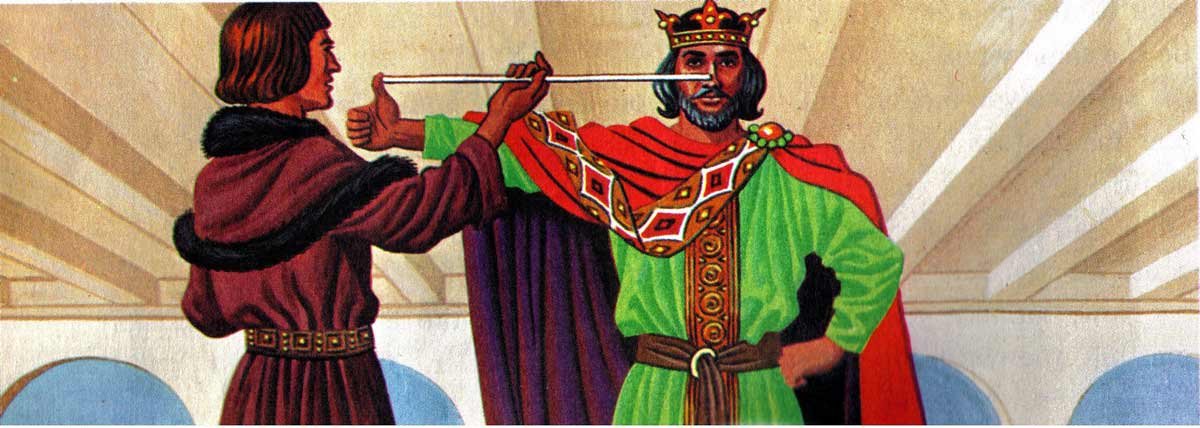The Tyranny of Making Ideas Happen
A common theme I've raised an eyebrow at lately in the "enhancing creativity in organizations scene"(don't know what else to call it), is summed up by the saying, "Ideas are nothing, execution is everything". We seem to swing back and forth from one side saying we need to focus on ways to foster fresh novel ideas, to the other side where you hear people saying something along the lines of, "okay, do your creative thing but really let's get to work." We need to execute, but we need to be careful we don't jump the gun. And we need to be careful we don't stifle a creative culture in the process of executing ideas. It's tricky stuff where often in pushing for execution of a creative endeavour we revert back to an old school management style that can negatively impact a creative culture. We should remember we need a process and organizational culture that brings out both relevant creativity and ways to make the ideas happen. If we don't focus on supporting fresh, divergent thinking and ways for creative ideas to emerge, services and businesses will not continue to be relevant in our fast paced and complex times. On the other hand, if we can't find ways to ensure a great idea is carried through to fruition... well, then nothing happens.
Divergent thinking: A thought process used to generate creative ideas by exploring many possible solutions. It is often used in conjunction with convergent thinking. Divergent thinking typically occurs in a spontaneous, free-flowing manner, such that many ideas are generated
Convergent thinking: Thinking that brings together information focussed on solving a problem
It could easily be argued that execution or making ideas happen is more from the realm of critical/convergent thinking and perhaps comes more from left brain activity. The execution phase is the time in a creative process where you 'get real' and ask how are we going to do this, what will work, what is not going to work, and what will meet the needs of our client? In other words, you sort through and judge approaches until you find a decent way to proceed. Judging ideas and finding appropriate solutions is associated with convergent thinking. We need both divergent and convergent thinking phases for an outcome of a creative process to be awesome and therefore we need to be careful of approaches that advocate one style of thinking more than the other.
Something to be aware of is that it is easy to become biased to the convergent thinking phase because it was what we were taught in school and generally the style of thinking we are most familiar with. It is also convergent thinking that traditionally has gotten us promotions in the work place... until recently. That is changing. Managing execution is an old tradition in business, but leading a successful creative process where both idea generation and execution are done well is a newer form of leadership that is quickly becoming one of the most important skills to develop for the 21st century. When I hear the "ideas are nothing, execution is everything" mantra I often wonder if it is simply an excuse for continuing to keep outdated management styles alive. There needs to be value placed on both wild/divergent and critical/convergent thinking styles by scheduling time for both and creating organizational cultures that support both. Below is an example of a one sided perspective on creativity that to me smells of old school management thinking disguised as cutting edge creative leadership. The rest of the Inc. article about hiring for creativity is decent, you can see it in the link here
"When you're hiring for creativity, ideas are great, but scan for initiative. How does a candidate contextualize creative ideas? How do ideas impact the business? Does he or she show a track record of execution? That should be the No. 1 barometer." —Scott McDowell, senior consultant CHM management consulting
McDowell is actually saying he wants a person that is well versed in convergent thinking. Again, that's important but not the whole package. I would add that you need to look for people that combine disparate ideas (the Inc. article also says that) and have a thirst for learning from many different perspectives. So, rather than just complain about old school business ideas masquerading as creative, below is something that might help so we don't stifle creativity when executing ideas. In the 10 minute video, Scott Belsky author of Making ideas happen shares some practical advice on how to better ensure a creative project is followed through on when we hit what he calls the "project plateau". Keep in mind that the crowd Belsky is addressing is composed mainly of creative types that have already honed their divergent thinking abilities.
Check back or sign up to receive posts from Think Jar Collective regarding ways to enhance creativity. Stay tuned for an upcoming article with suggestions on how to sustain trust within a creative team that is engaged in the convergent phase of a creative process.

